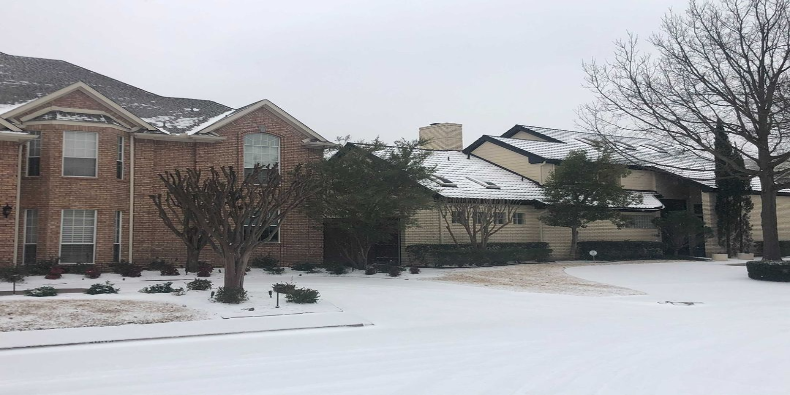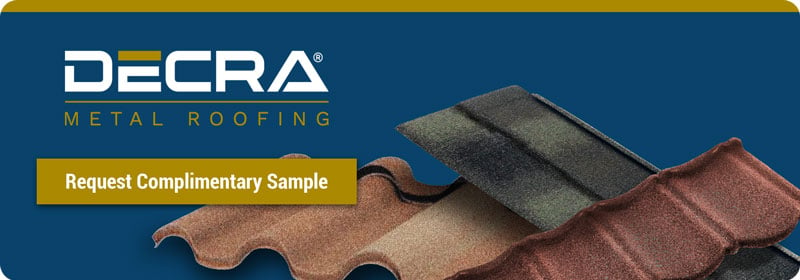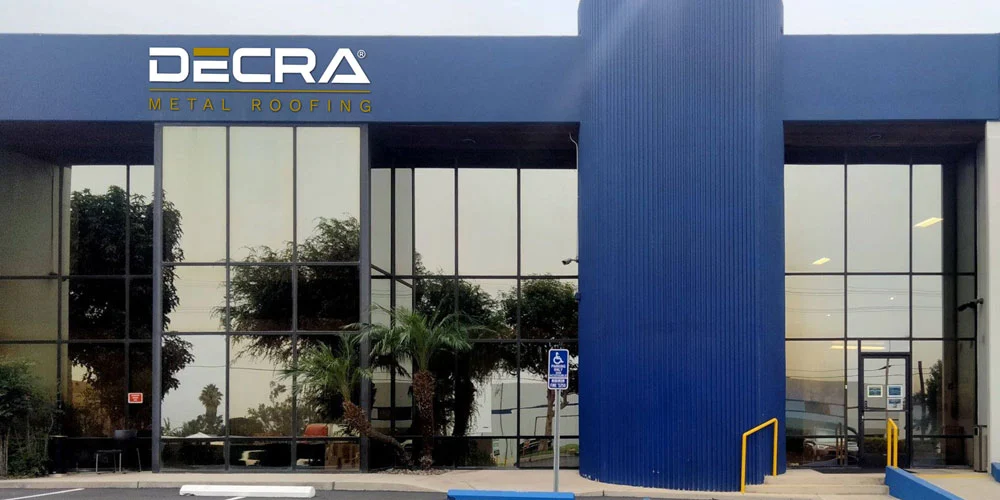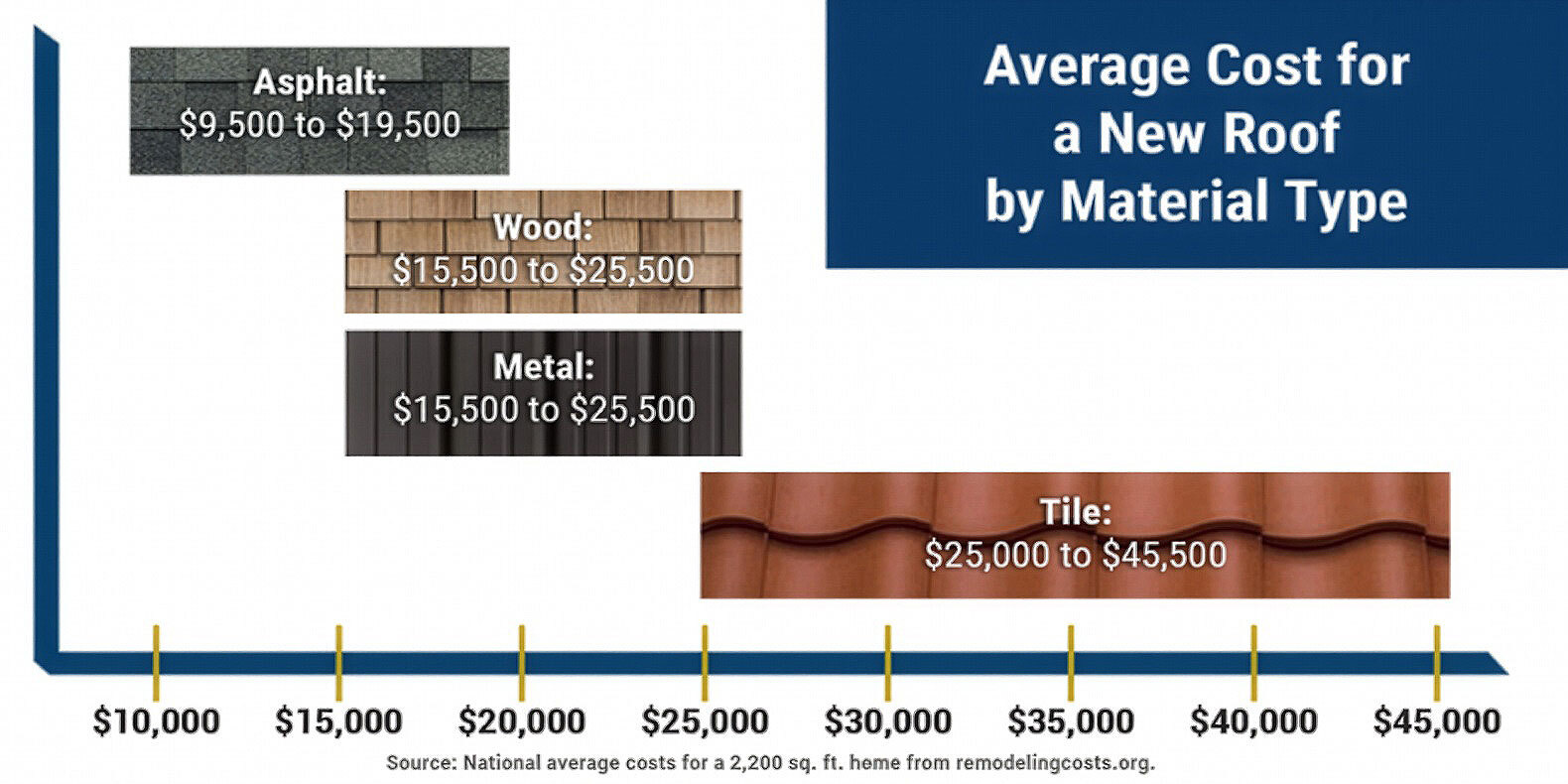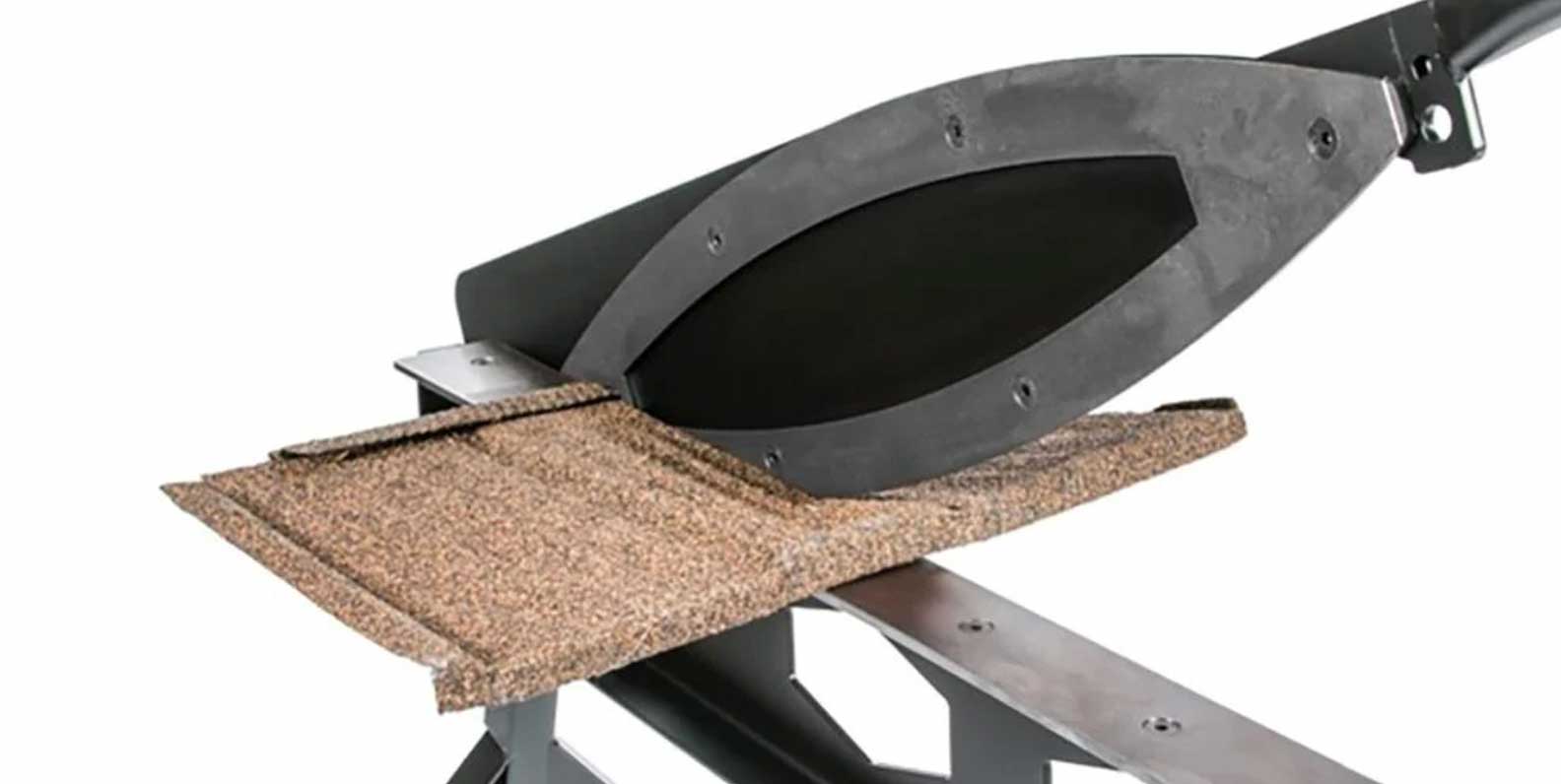There are plenty of myths about metal roofs, especially when it comes to winter. In this post, we’ll debunk the top six months, along with a few related misconceptions, about one of the longest-lasting roofing options available today.
Keep reading to learn more about:
- How metal roofs handle heavy snow accumulation
- Whether metal roofing affects your home’s interior temperature
- The truth about metal roofing and ice dams during cold weather
- How metal roofs stand up to rain, hail, and high winds
- Whether metal roofs are as noisy as some claim
- If it’s possible to install a metal roof during winter
For homeowners in regions with harsh winter weather, read on to learn why metal roofing could be the solution you’ve been looking for to stand up to the elements.
Myth #1: Metal Roofs Can’t Handle the Weight of Heavy Snowfalls
If you live in snowy regions like the Northeast or the Upper Great Lakes, you may worry about the weight of heavy snowfalls on your roof. Even in places like Texas, you might recall the Great Freeze of February 2021, when ice and freezing rain caused widespread roof damage.
So, can metal roofing handle the weight of snow?
The answer is yes! DECRA Metal Roofing weighs just about a pound and a half per square foot. That’s considerably less than traditional roofing materials like asphalt shingles or clay tiles. This means the added weight of snow isn’t a concern.
Plus, metal roofing is nonporous, meaning snow doesn’t stick easily. It typically slides right off, reducing the risk of buildup.
Don’t believe us? Check out this blog’s featured image. Notice how the roof on the left has little-to-no snow accumulation? That’s because it’s a DECRA roof!
Myth #2: A Metal Roof Will Make Your House Cold in Winter
Some people think metal roofs make homes colder in the winter and warmer in the summer, but that’s not the case.
The key to an energy-efficient roof is proper airspace between the surface material and the roof deck. DECRA Metal Roofing products provide the essential airspace needed, which acts as an extra insulating layer to keep the cold out in winter and a ventilating escape route for warm air in summer. This helps maintain a consistent temperature year-round.
In fact, a metal roof can save homeowners up to 40% on energy costs.
Myth #3: Metal Roofing Causes Ice Dams
Contrary to popular belief, metal roofing actually helps prevent ice dams, a common winter problem for homeowners.
Ice dams form when snow or ice melts on a warm roof, typically during the day when the sun is out. The water then runs down the roof toward the eaves. When temperatures drop at night, the water refreezes, forming a barrier along the roofline. As the cycle repeats, the water can’t flow into the gutter system and instead collects at the bottom of the roof, causing damage to the roofing material and potentially leading to leaks and water damage inside the home.
With metal roofing, however, the steady surface temperatures help prevent this cycle, significantly reducing the risk of ice dams.
Pro Tip: To further minimize ice dams, make sure your attic is properly insulated and your roof is well-ventilated.
Myth #4: A Metal Roof Will Blow Off in a Winter Storm
Winter storms often bring not just snow but high winds as well. You've likely seen footage of homes losing large portions of their roofs during intense storms. But with a DECRA metal roof, you can rest easy. Our roofs are designed to withstand high-velocity winds like those in Miami-Dade. In fact, DECRA metal roofs are warrantied for winds up to 120 miles per hour.
Additionally, DECRA’s interlocking panels and advanced fastening systems ensure that even wind-driven rain at speeds up to 110 miles per hour can’t penetrate the roof, preventing damage to both the decking and the home’s interior.
And here’s one more storm-related myth debunked: Metal roofs don’t attract lightning! Their non-combustible nature makes them safer than wood or other materials when it comes to lightning-induced fires.
Myth #5: Metal Roofs Are Noisy
Metal roofs have come a long way since the tin roofs of the early 1800s. Today, they’re no noisier than other types of roofs, and DECRA uses two strategies to reduce noise from rain and hail:
- A thicker stone coating that dampens sound
- Irregular textures that cushion against noise
You might be wondering, though, what about hail impact? Rest assured, DECRA metal roofing holds the highest UL hail impact rating. It's warrantied for hailstones up to 2.5 inches in diameter, which are large enough to crack and damage traditional roofing materials like asphalt shingles, clay tiles, and wood shakes.
And if you’re concerned about rust, DECRA has you covered. We use a metallic alloy coating made of aluminum, zinc, and silicon to provide long-lasting protection from rust and corrosion. This is just one more reason why homeowners with metal roofs are happy with their choice.
Myth #6: You Can’t Install a Metal Roof During Winter
Now that you’ve learned all about the winter benefits of a metal roof, you might be thinking about installing one. The good news is, you don’t have to wait until spring. If your current roof is in need of replacement, you can install a metal roof during the winter, as long as your contractor confirms it’s safe to proceed.
See How DECRA Metal Roofing Would Look on Your Home
There are many reasons homeowners are choosing DECRA metal roofing, including durability, longevity, and energy efficiency. DECRA comes in a wide range of profiles and colors that mimic traditional shingles, tiles, and shakes, allowing you to match any architectural style.
To see DECRA stone-coated metal roofing for yourself, request a complimentary sample or use our free visualization tool to see how it would look on your home.
Editor’s Note: This blog was originally published in January 2022, but has been updated with relevant information.

